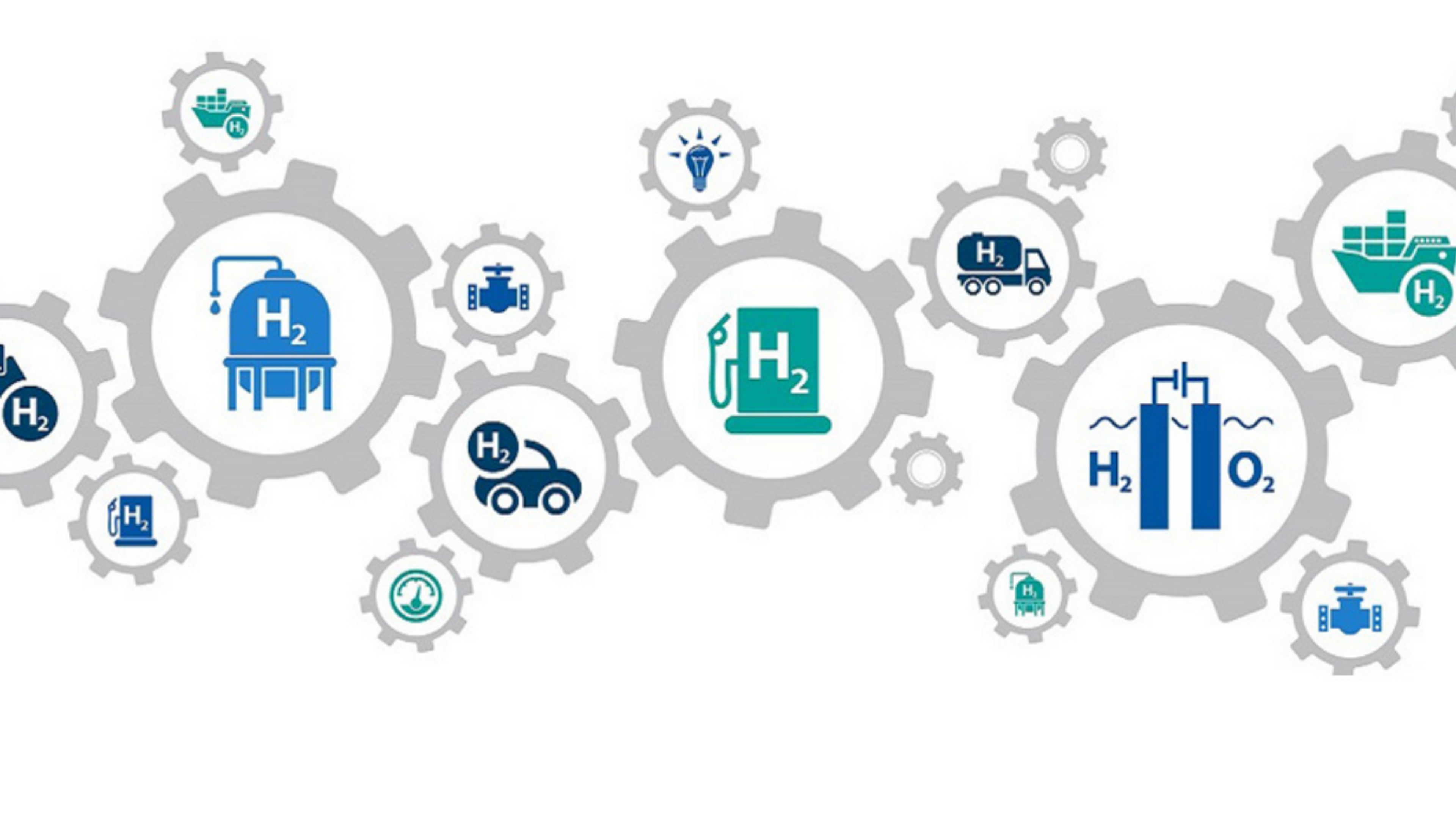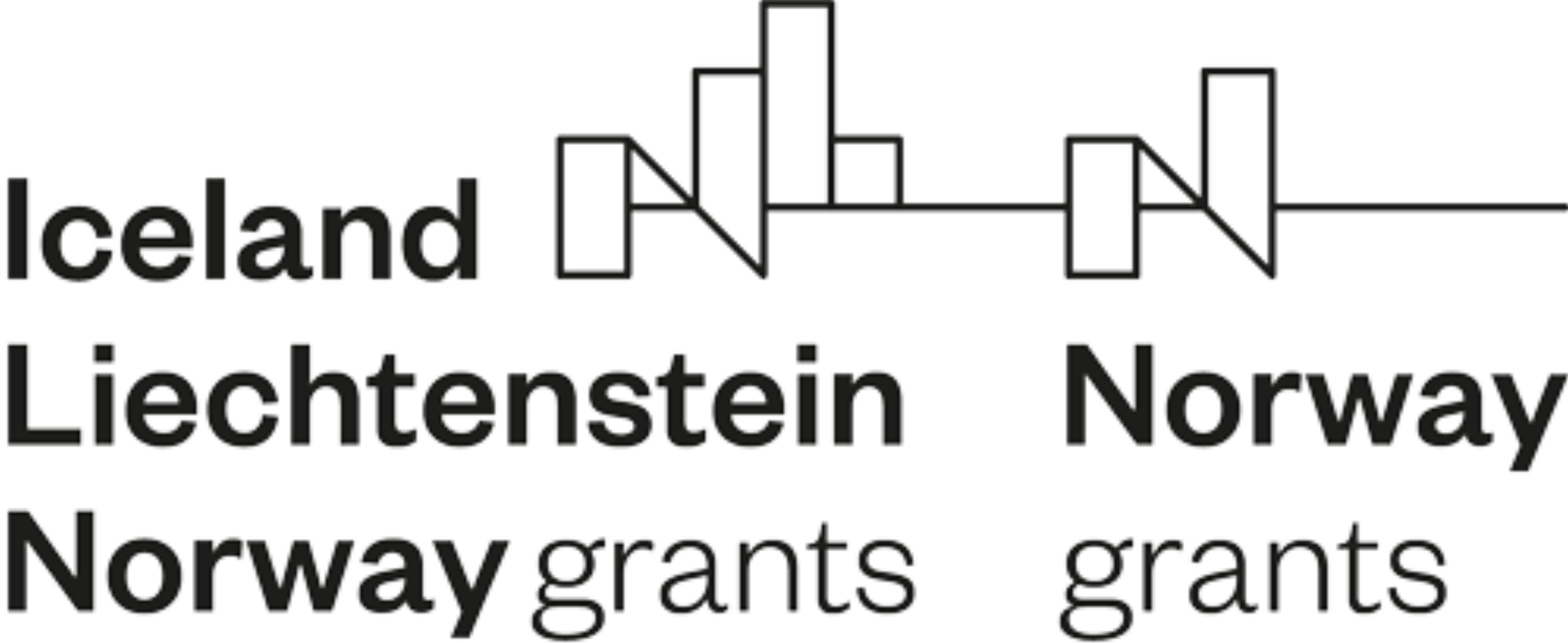Unlocking hydrogen fuel potential: policy, R&D and industry applications

The captivating exchange provided the audience with a comprehensive resource package on the current and envisioned hydrogen fuel possibilities at the European level.
Ministry-level representatives and subject matters experts from Iceland, Norway and Romania showcased the latest on hydrogen as an energy carrier and its possibilities, usefulness and limitations from a technical and legal perspective. The conversation culminated in a discussion about a possible collaboration on hydrogen solutions between energy-intensive industries, civil society and policymakers in the CEN and EEA space.
Key takeaways
Hydrogen is an energy carrier that has significant potential to help reduce emissions, locally, nationally, and globally, and to create value for businesses and industries all around the world. For hydrogen to be a low- or emission-free energy carrier, it must be produced with no or very low emissions, such as by electrolysis of water with power, or from natural gas with CO2 management. The global market potential is expected to reach 902 billion euro a year. Hence it is clear to say that hydrogen offers exciting opportunities for countries in Europe, both in terms of energy and technology.
The latest on policy
The EU Strategy on Hydrogen
In 2020, the EU Commission adopted a new dedicated strategy on hydrogen in Europe under the name "A hydrogen strategy for a climate-neutral Europe". It aims to bring together different strands of action – from research and innovation, via production and infrastructure, to the international dimension. The strategy explores how producing and using renewable hydrogen can help decarbonise the EU economy in a cost-effective way, in line with the European Green Deal (and helping the post-COVID-19 economic recovery).
Norway's Hydrogen Strategy
Norway is to become a low emission society by 2050. The government has a target for greenhouse gas emissions in 2050 to be reduced by between 90 and 95 percent compared to 1990 levels. Hydrogen has the potential to become an important energy carrier to reduce emissions, in particular for the transportation sector. The ambition of the government is to have production and use of hydrogen be established by 2050, and Norway is therefore placing an increased focus on hydrogen-related research and technology development.
Romania's Hydrogen Strategy
At the level of individual EU Member States, Romania is likely to become one of Europe’s biggest hydrogen hubs with investments of over 1,6 b euros in early stages of development.
What are the expectations once the Hydrogen strategy is developed?
❑contribute to the energy sector transformation,
❑contribute as an alternative fuel in the mobility sector,
❑contribute to industry transformation,
❑encourage green hydrogen production,
❑represent the basis of a regulatory framework,
Download the presentations
Innovation Norway, Inger Elisabeth Strand Karni
Romania’s energy policy and the role of hydrogen. Ministry of Energy
Country specific and EU hydrogen policies
EU policy for hydrogen. Norway’s Delegation to the EU (Ragnar Semundseth)
Romania’s policy for hydrogen. Ministry of Energy (Alexandru Ciocan)
Norway’s policy for hydrogen. Ministry of Petroleum and Energy (David Barratt-Due)
Iceland’s policy for hydrogen. IdunnH2 (Nanna Baldvinsdottir)
Production and use of hydrogen
Norway, NVE, production and use of hydrogen in the industry
Norway, Greenstat AS, Experiences from the green hydrogen field
Norway, The Norwegian Hydrogen Forum. Hydrogen - Decarbonisation of the transport sector
Case studies: the use of hydrogen in industry, transport and as power reserves
Romania, Romanian Hydrogen Energy Association (Ioan Iordache)
Romania, Chimcomplex SA Borzesti (Dumitru Coman)
Romania, Linde Gaz Romania. (Alexandru Badescu)
Romania, OMV Petrom S.A. (Ionut Ciubotaru)
Research and technology development for the production and use of hydrogen
Romania, University Politehnica of Bucharest (Tudor Prisecaru)
Norway, Institute for Energy Technology (IFE) (Øystein Ulleberg)
The Energy Programme in Romania
The project is supported by Norway, Iceland and Liechtenstein through the EEA and Norway Grants. See more opportunities under the Energy Programme in Romania.
